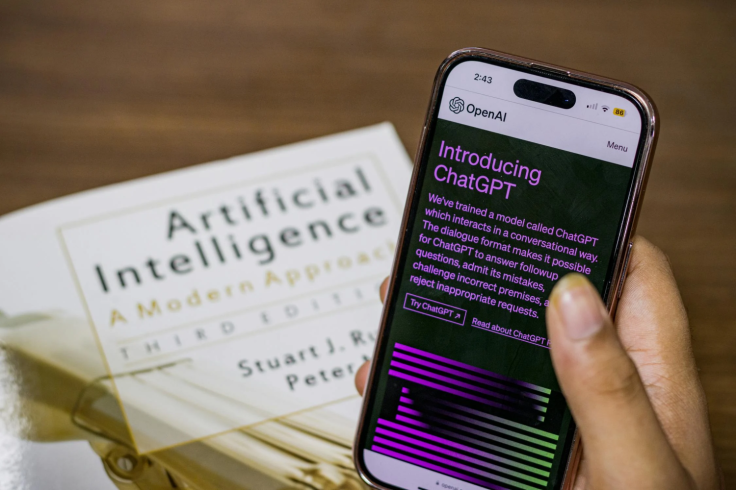Arizona State University's Partnership with OpenAI Marks a Milestone in AI Education Innovation
ByArizona State University (ASU) has embarked on a groundbreaking partnership with OpenAI, a leader in artificial intelligence (AI) technology, sparking a wave of innovation and debate within the academic community. The collaboration, which began in January, represents a significant step forward in ASU's longstanding tradition of forging relationships with tech giants like Google and underscores its commitment to cutting-edge research and education.

A Legacy of Innovation: ASU's Tech Partnerships
ASU's relationship with Silicon Valley dates back to the early 2000s, with collaborations that have yielded groundbreaking results. When the opportunity to partner with OpenAI arose, it seemed like a natural fit for the university, according to Lev Gonick, ASU's chief information officer. The partnership represents a continuation of ASU's efforts to stay at the forefront of technological innovation in education.
A Two-Pronged Approach: Projects and Proposals
ASU's partnership with OpenAI is being approached with a two-pronged strategy. The university is soliciting project proposals from faculty to explore the best ways to utilize AI technology in various aspects of education. These proposals cover a wide range of areas, including teaching and learning outcomes, research and the public interest, and improving the overall university experience.
The response to this call for proposals has been overwhelming, with hundreds of ideas pouring in from faculty eager to explore the potential of AI in education. ASU has approved over 200 projects for implementation, reflecting the enthusiasm and commitment of the university's academic community.
Addressing Concerns: Faculty and Student Reactions
Despite the excitement surrounding the partnership, not everyone is on board with the idea of integrating AI into education. Some ASU faculty and students have expressed concerns about the potential implications of such a collaboration. Laurie Stoff, a professor at ASU and member of the United Campus Workers of Arizona, has raised issues about the university's seemingly all-in approach to partnering with tech companies like OpenAI.
Stoff's concerns echo those of many in the academic community who worry about the long-term impact of AI on education. There are fears that AI could replace human instructors, leading to job losses and a decline in the quality of education. Others worry about the ethical implications of using AI in education, particularly in terms of privacy and data security.
Future Plans and Opportunities
Despite these concerns, ASU remains committed to exploring the potential of AI in education. The university sees AI as a tool to enhance, rather than replace, traditional teaching methods. Gonick emphasized that the goal is not to replace professors, but to supplement their work and improve student outcomes.
ASU's partnership with OpenAI is just the beginning of what promises to be a transformative journey in education. The university is actively exploring new ways to leverage AI technology to improve teaching and learning. With its innovative approach and commitment to excellence, ASU is poised to lead the way in shaping the future of education through AI.
© 2025 University Herald, All rights reserved. Do not reproduce without permission.








